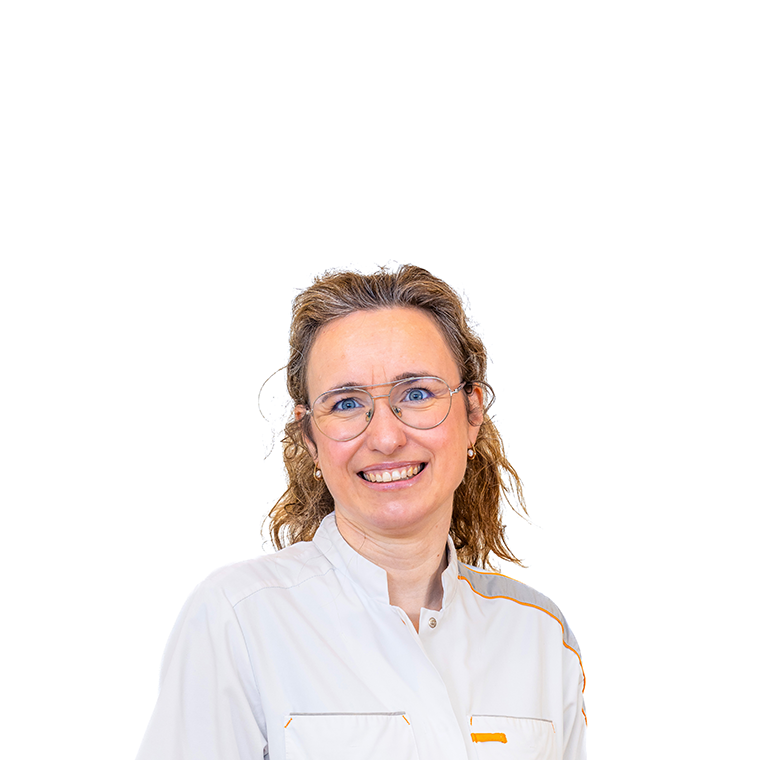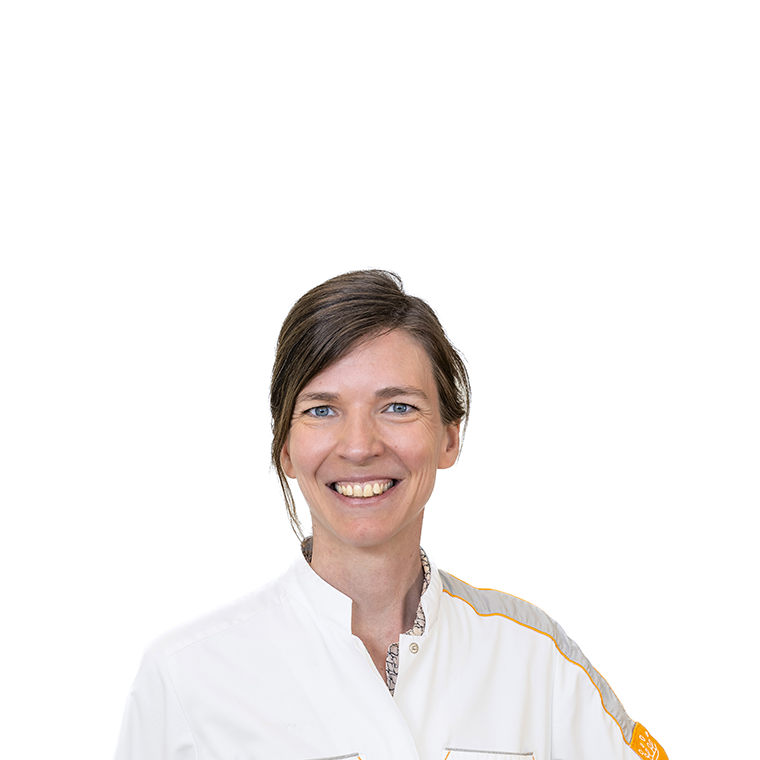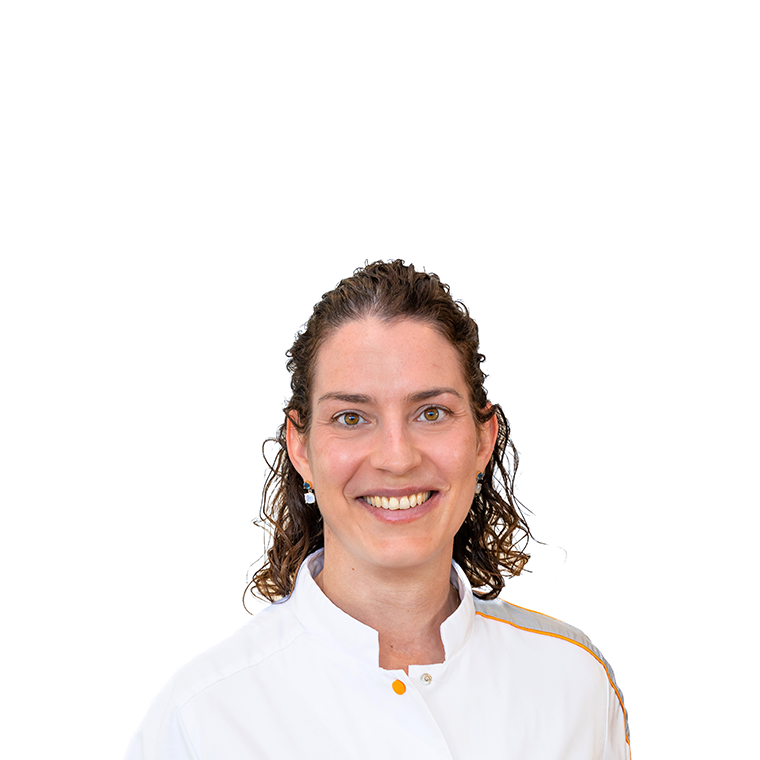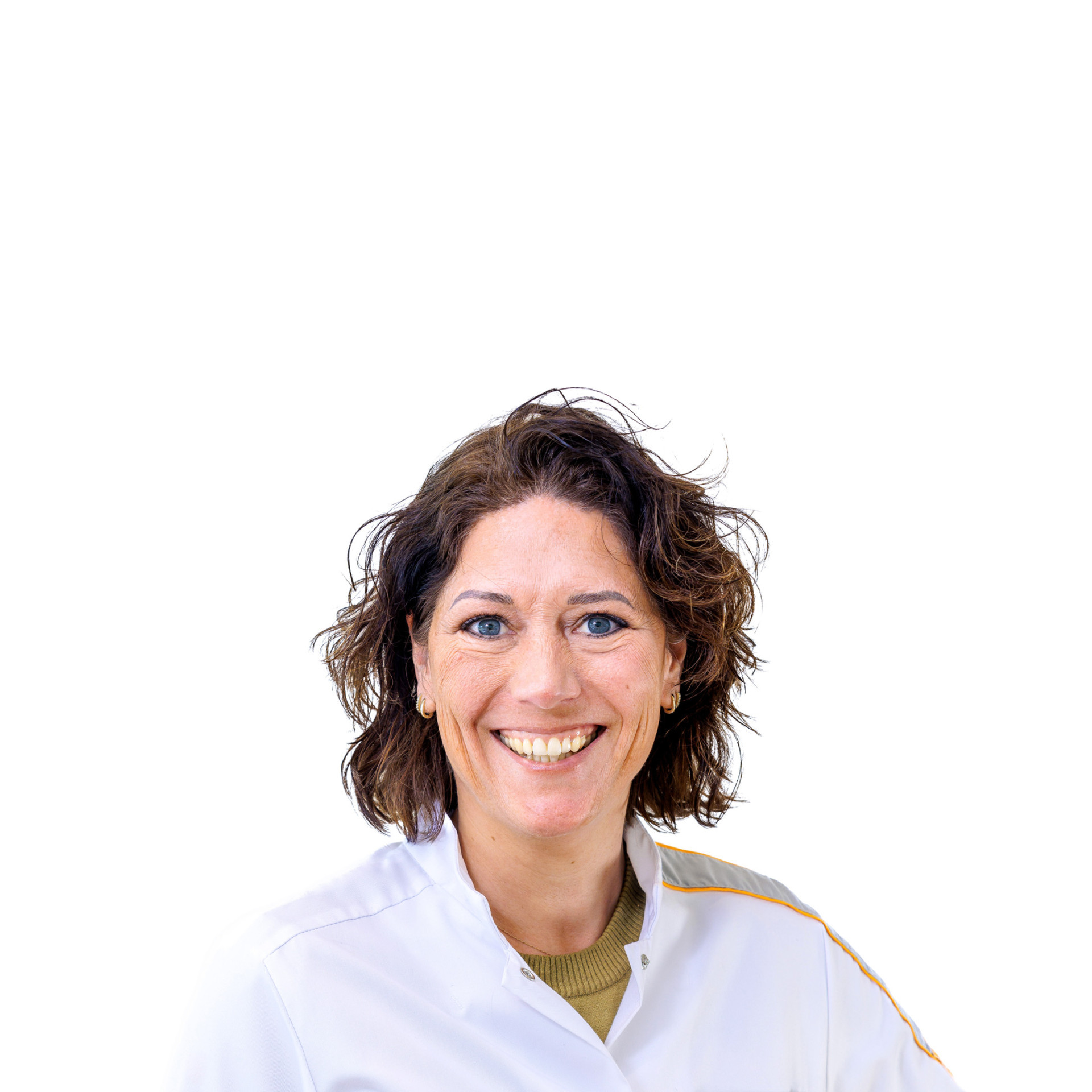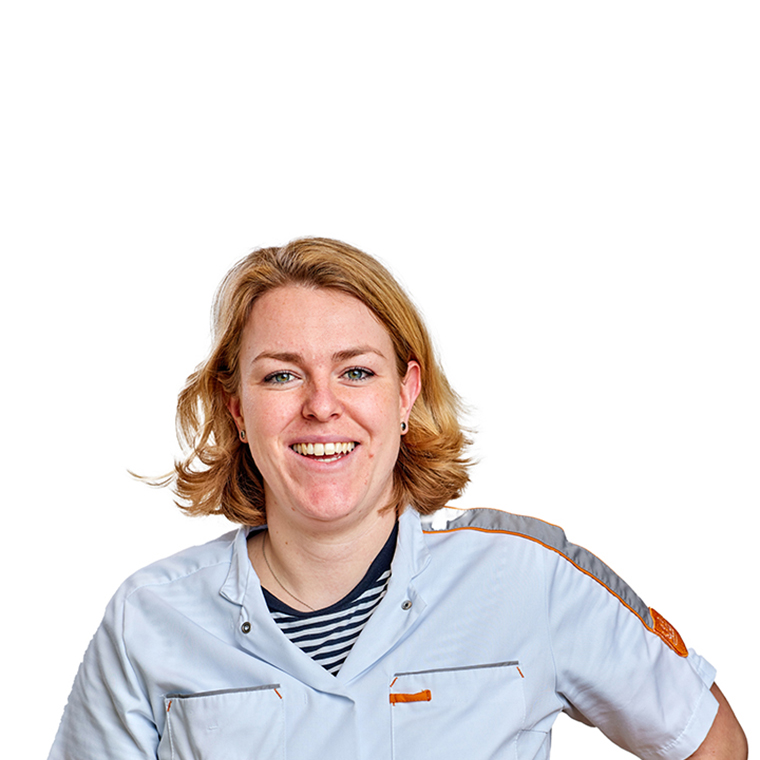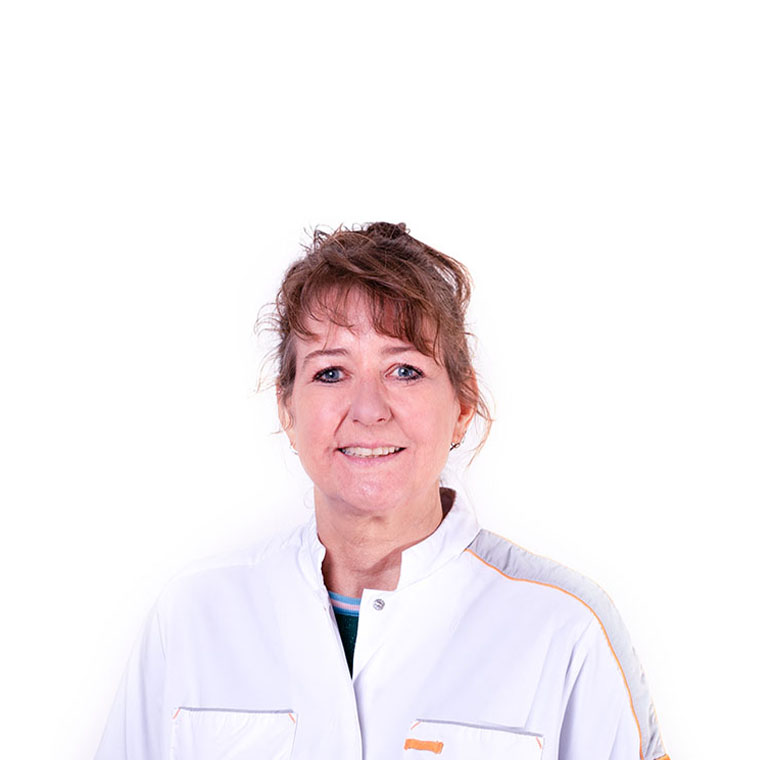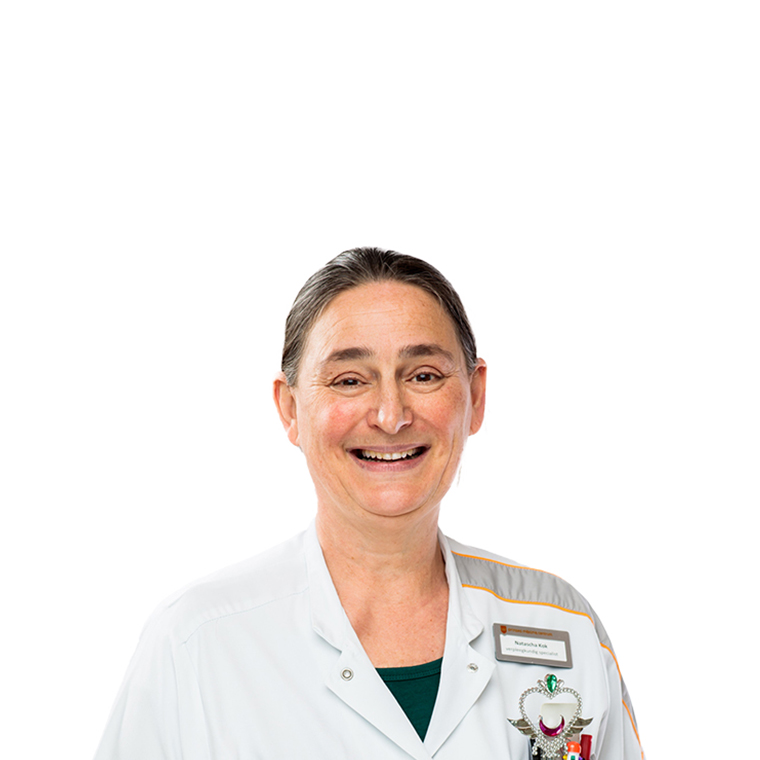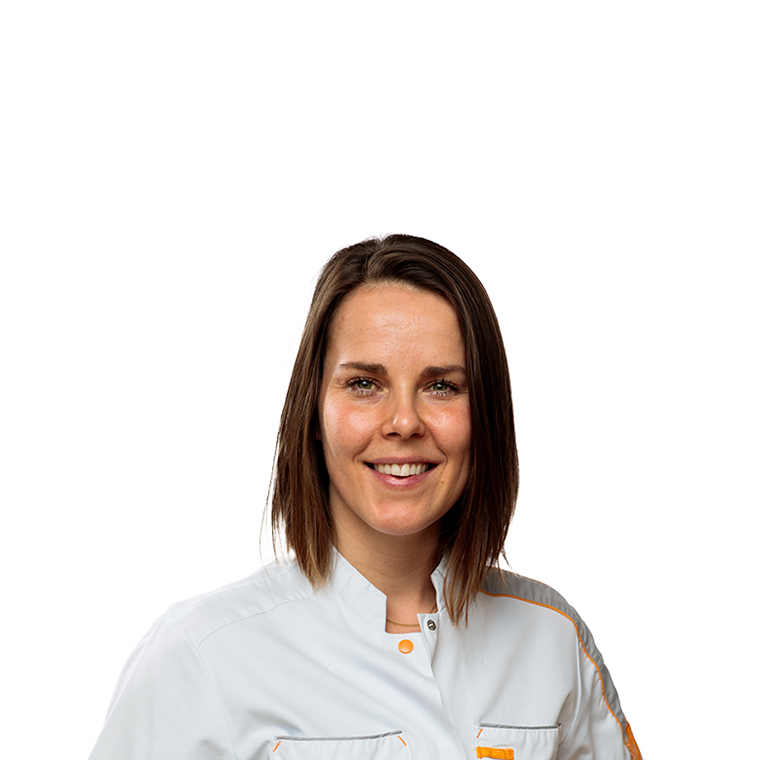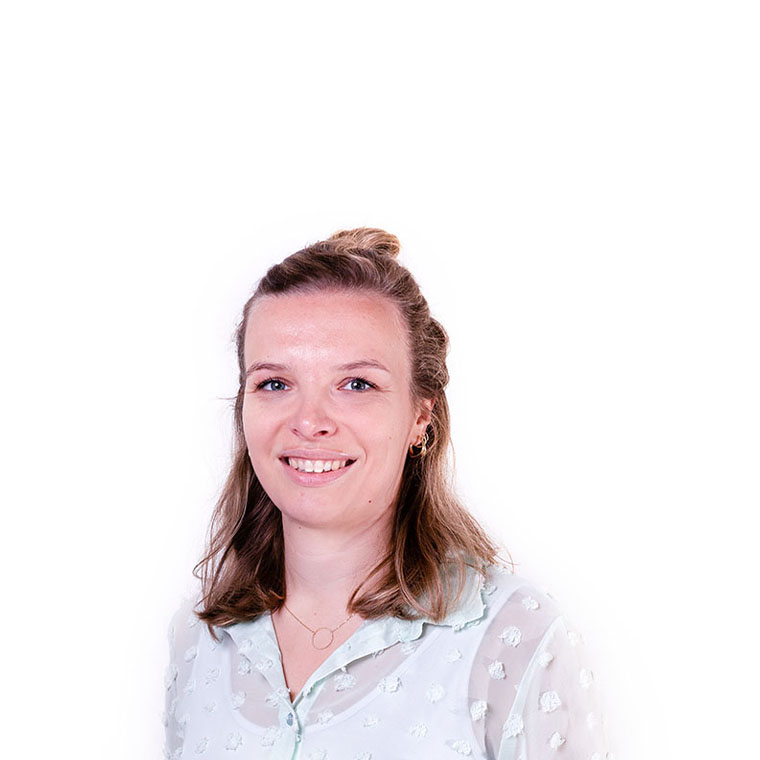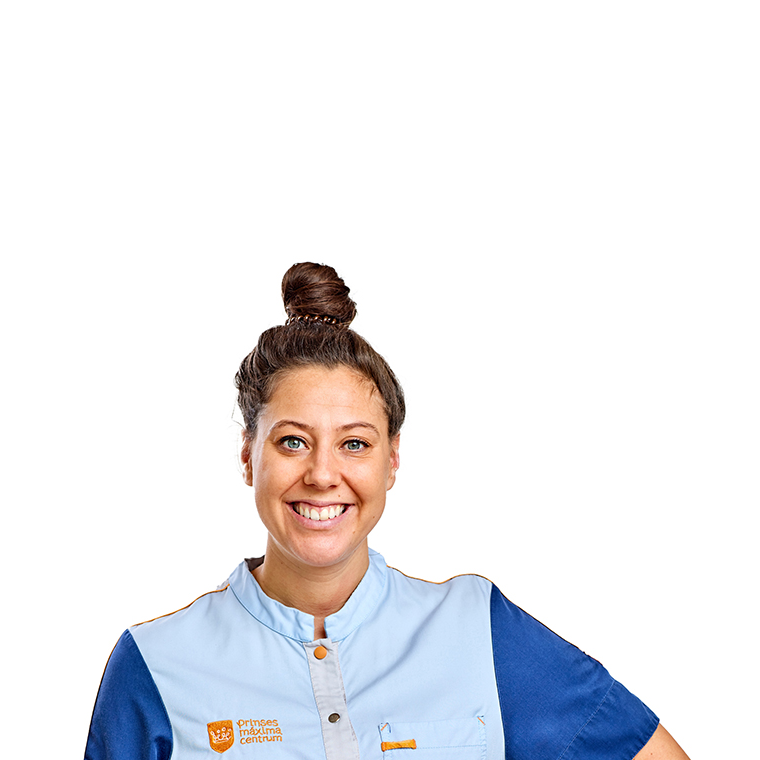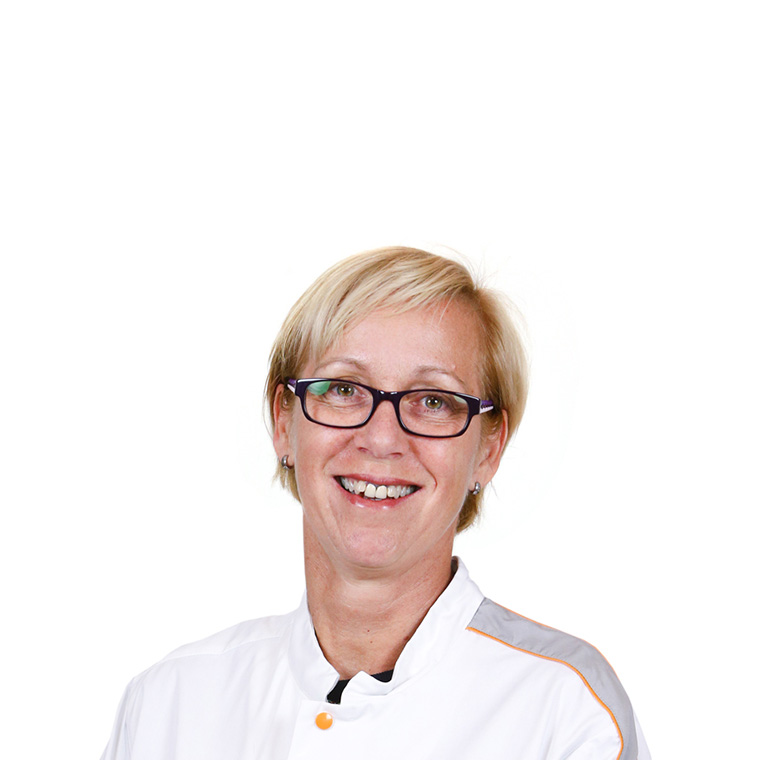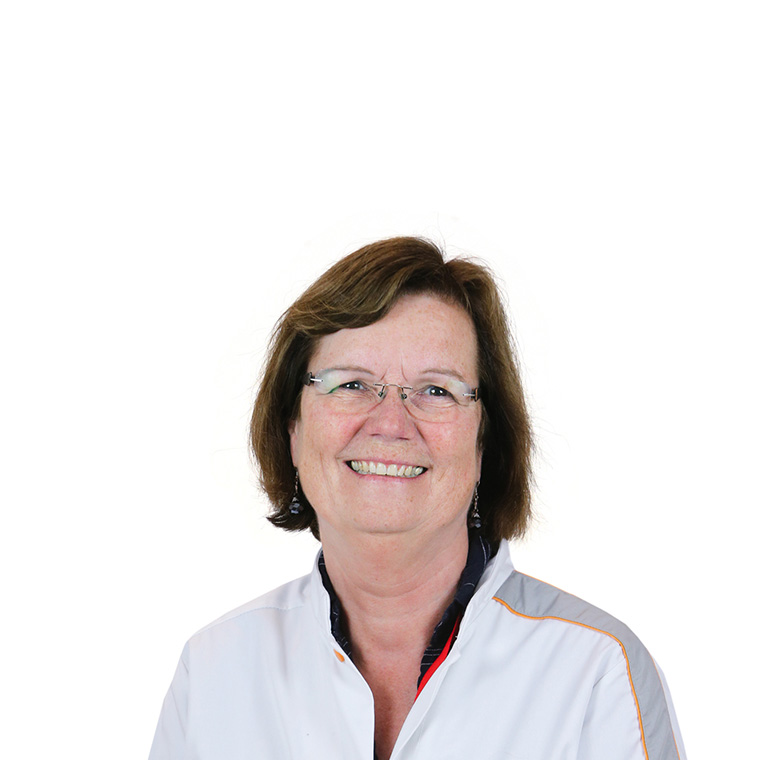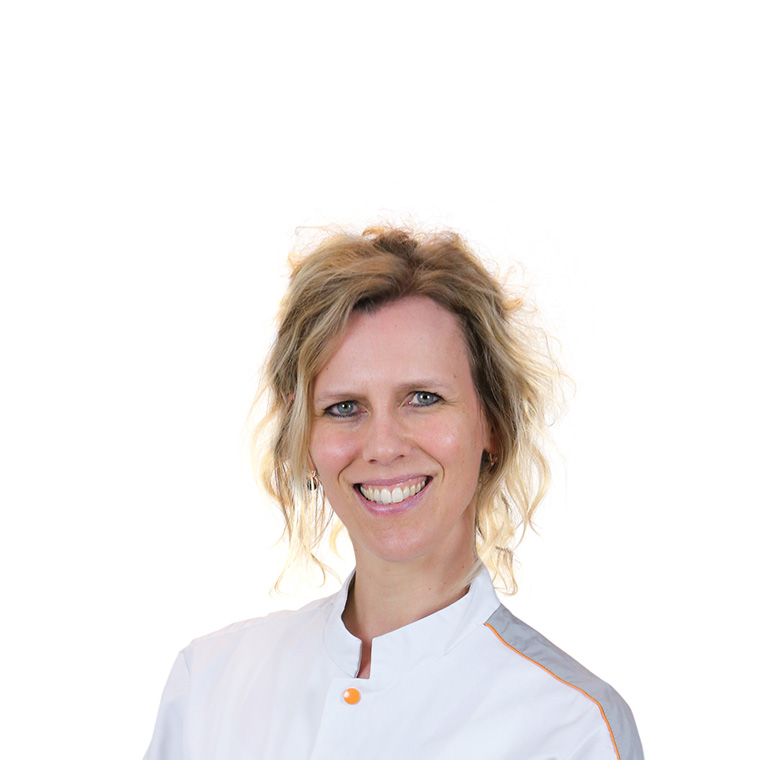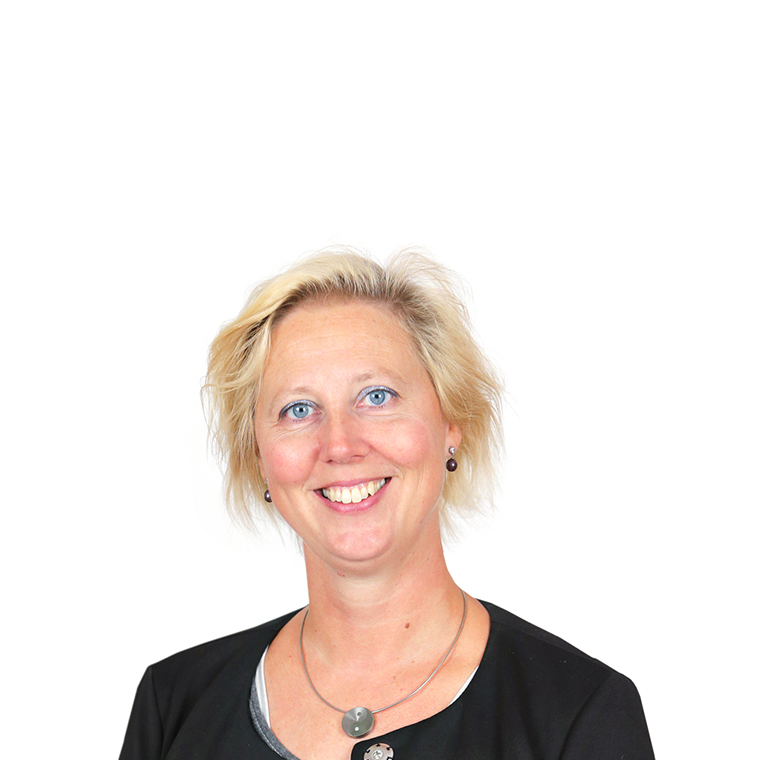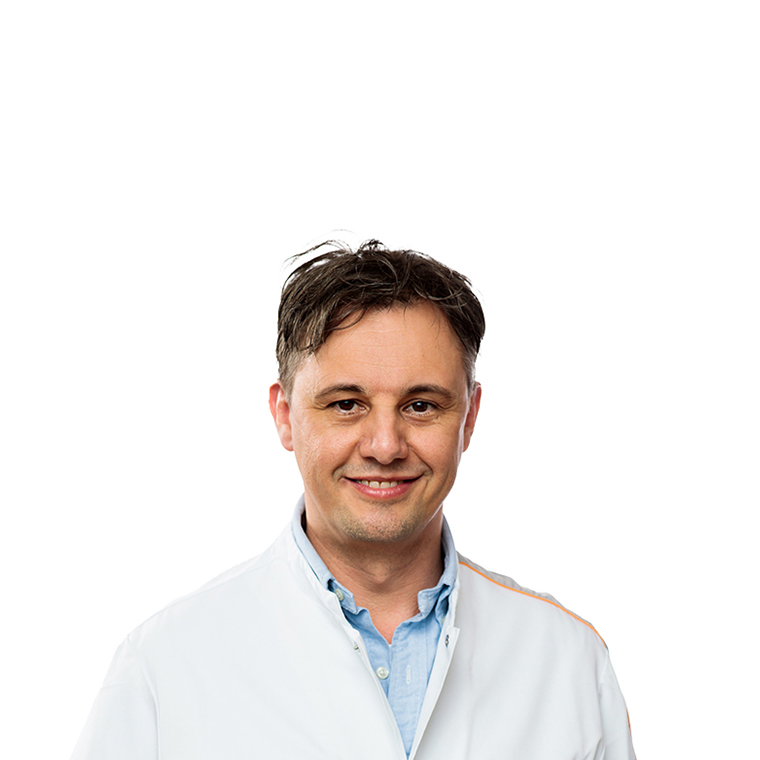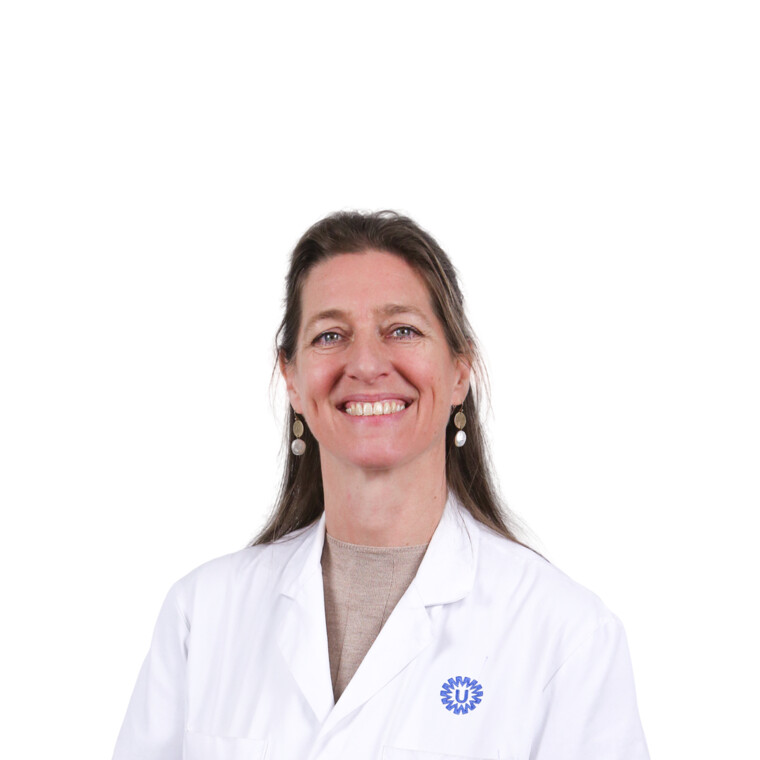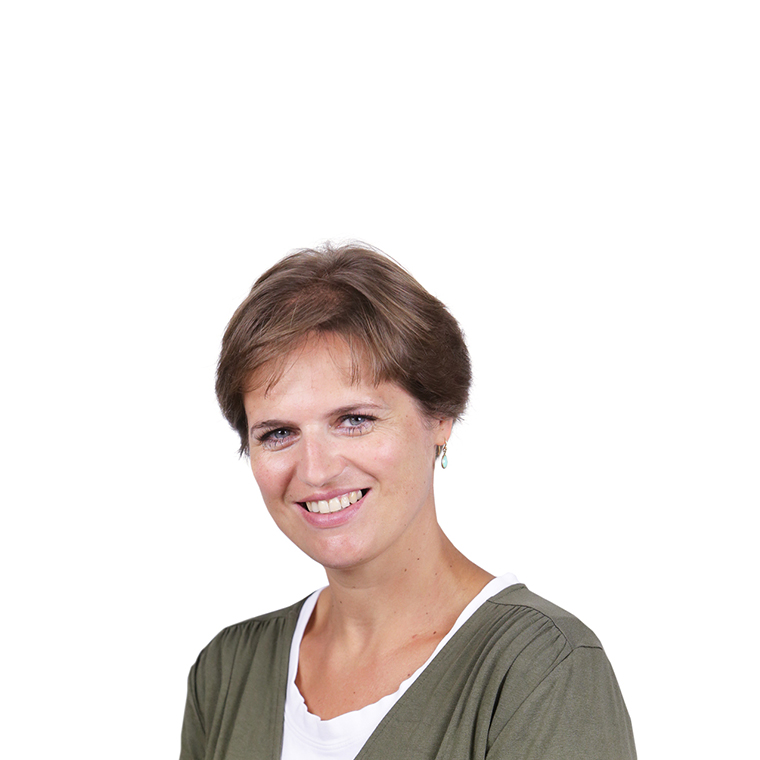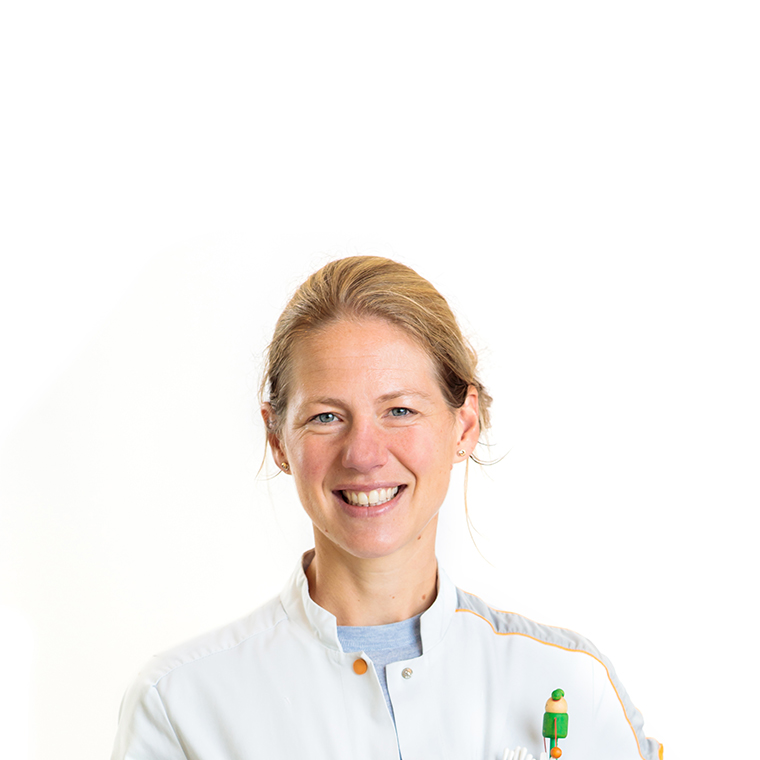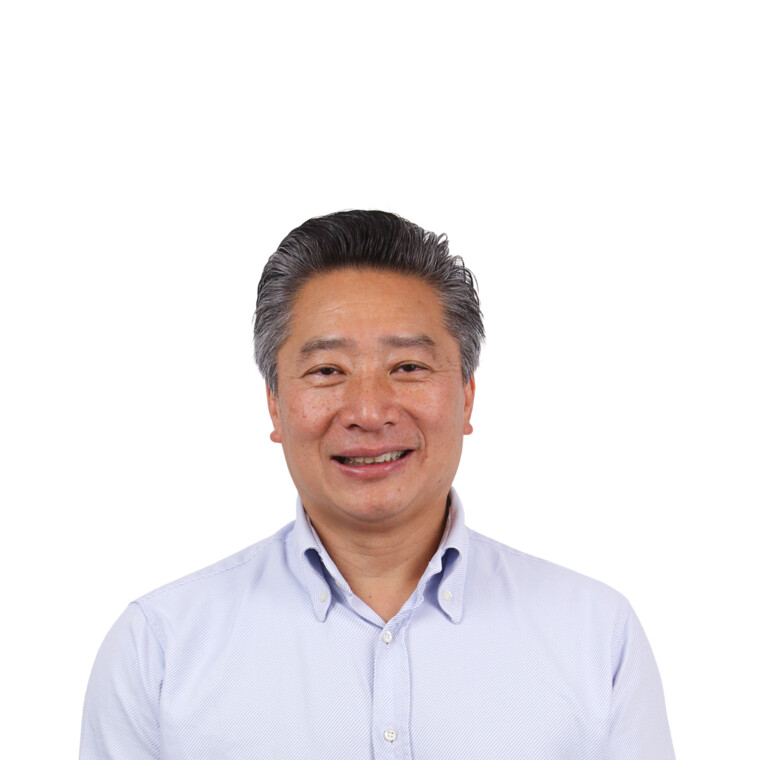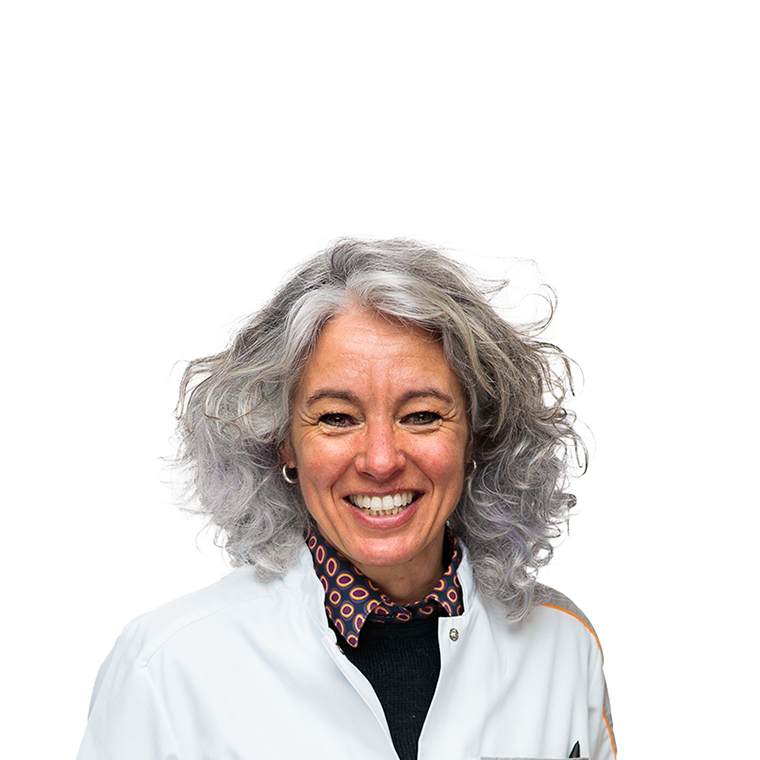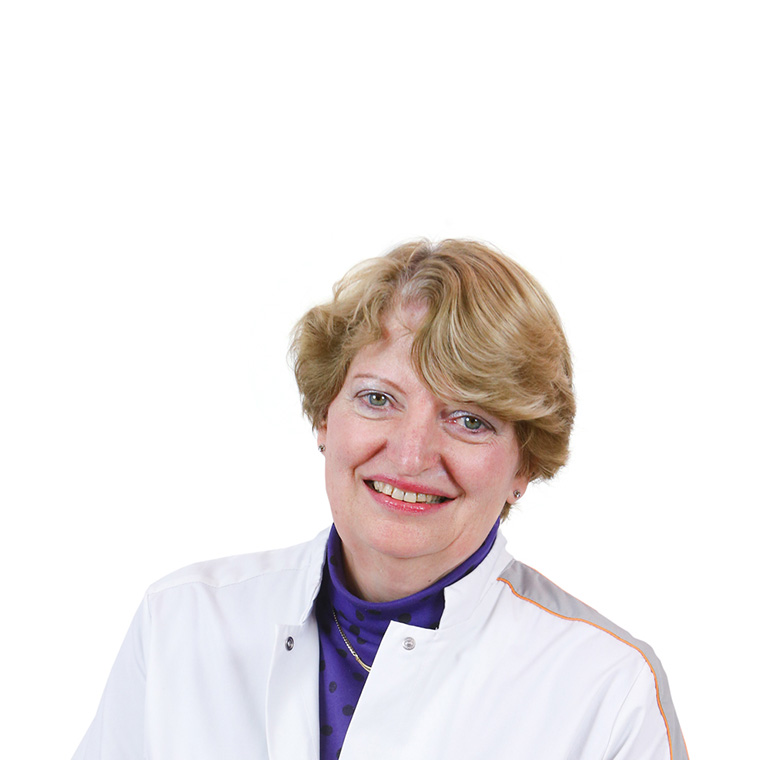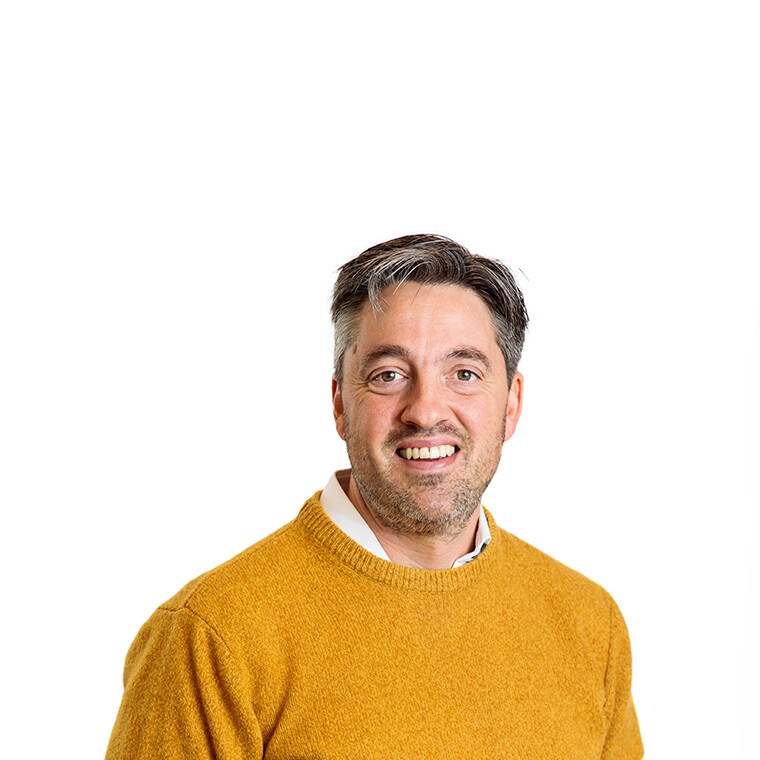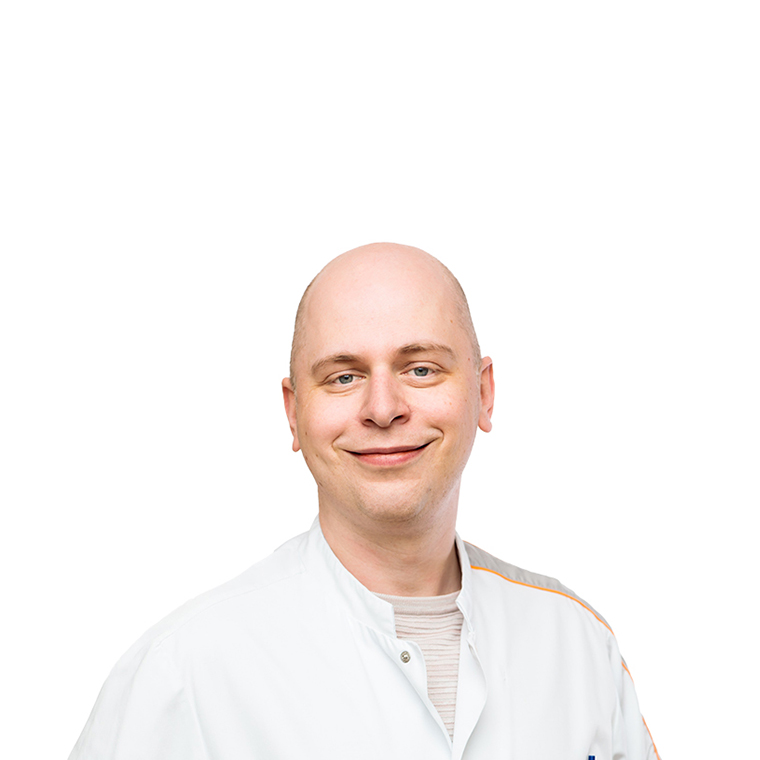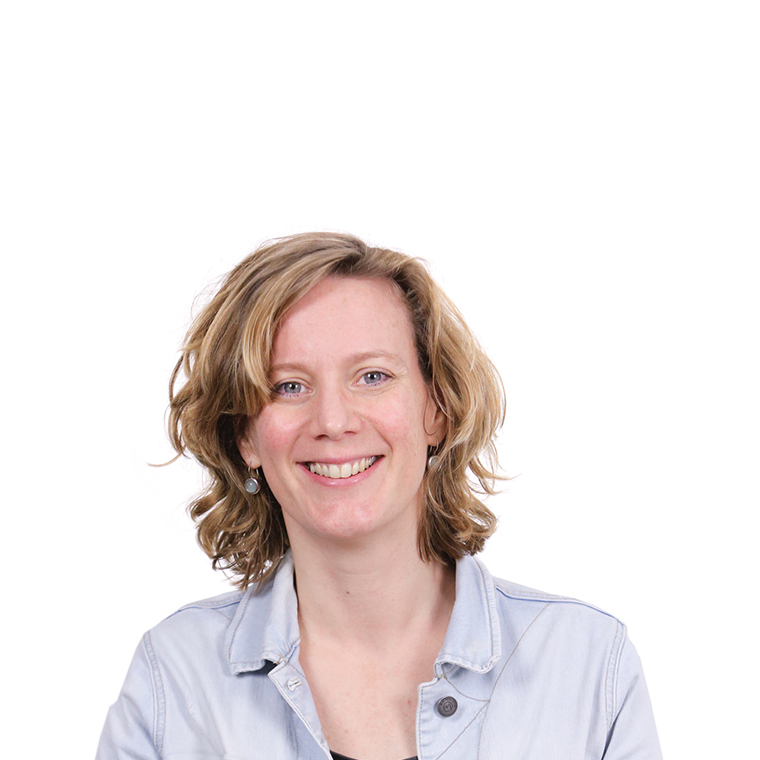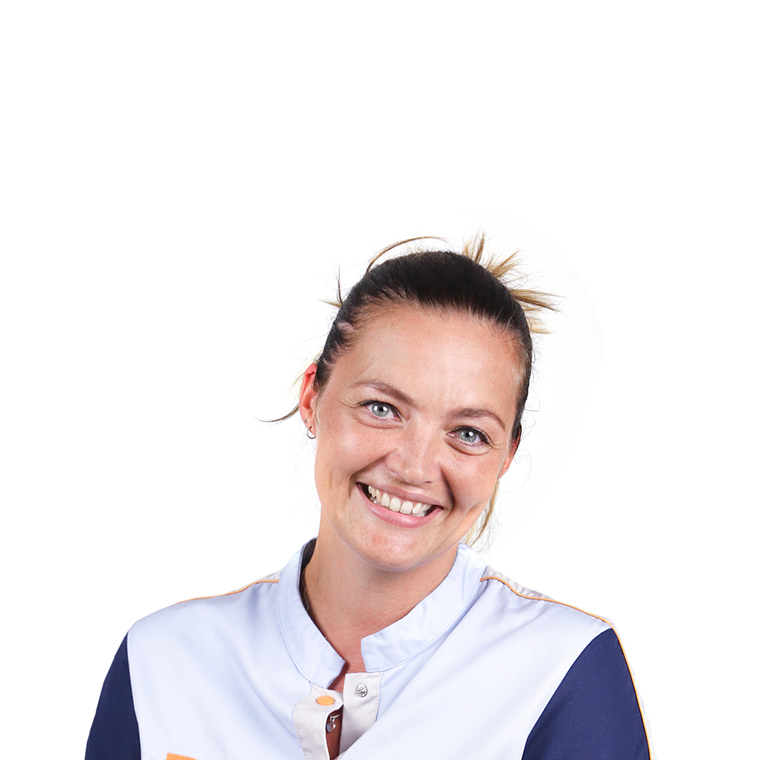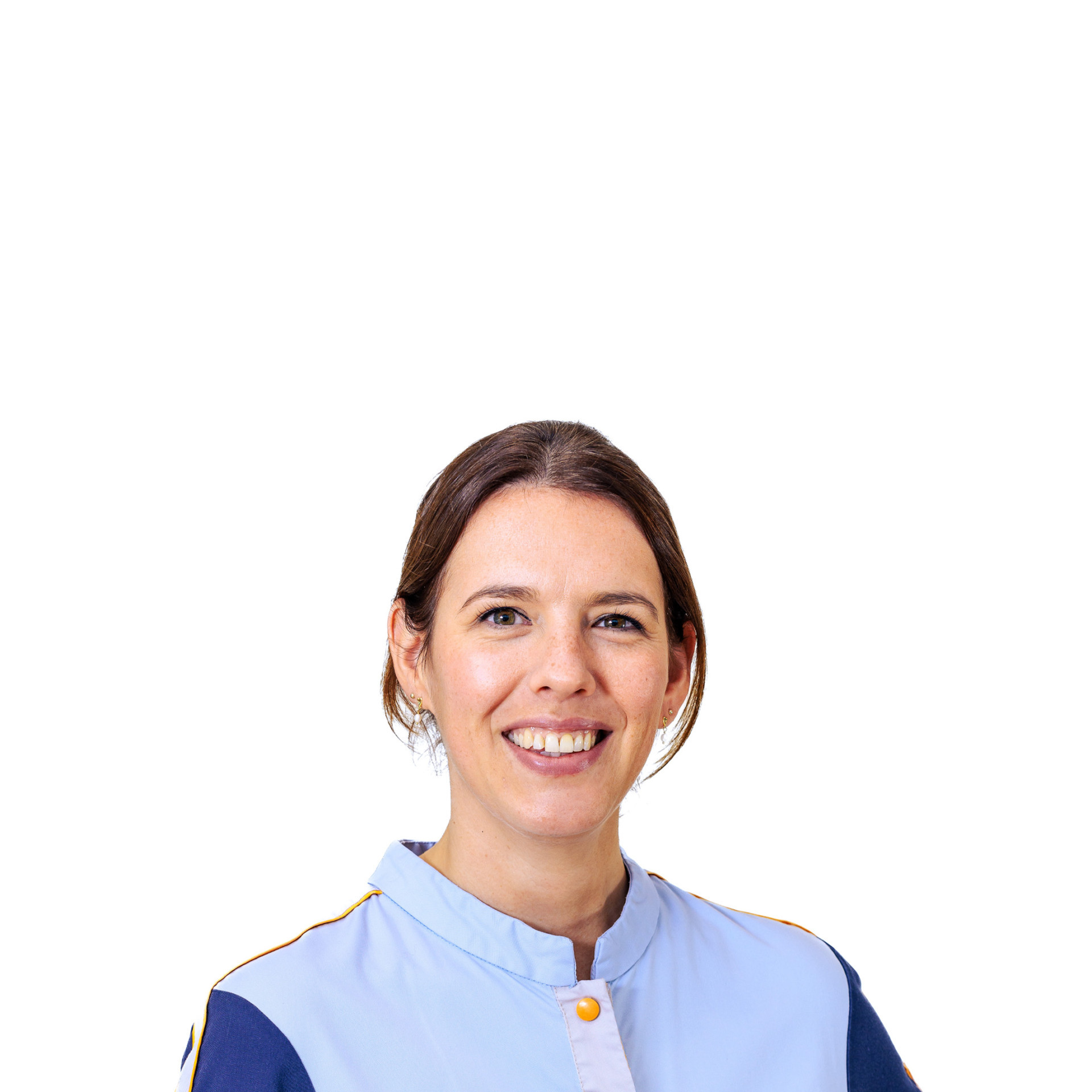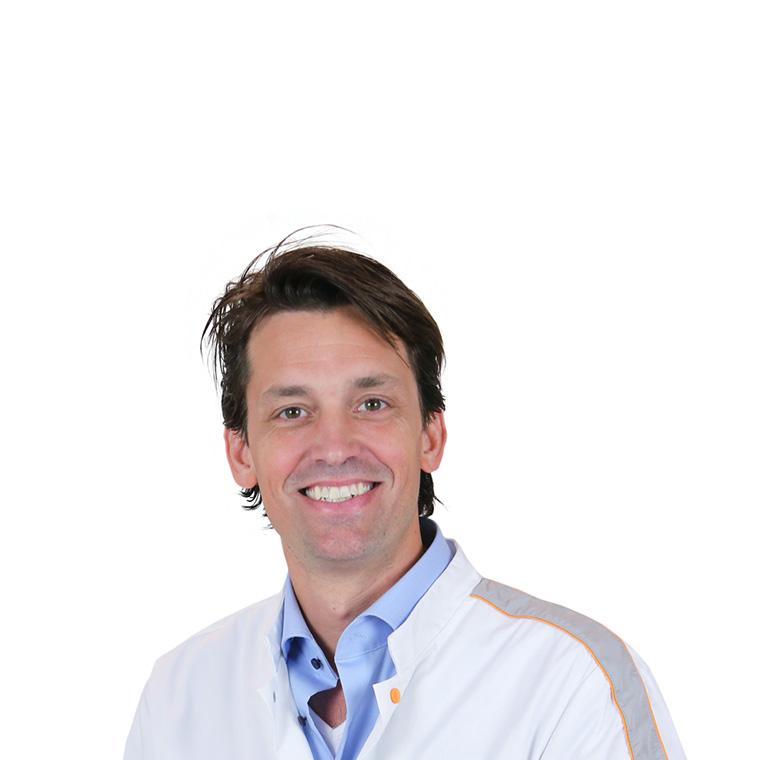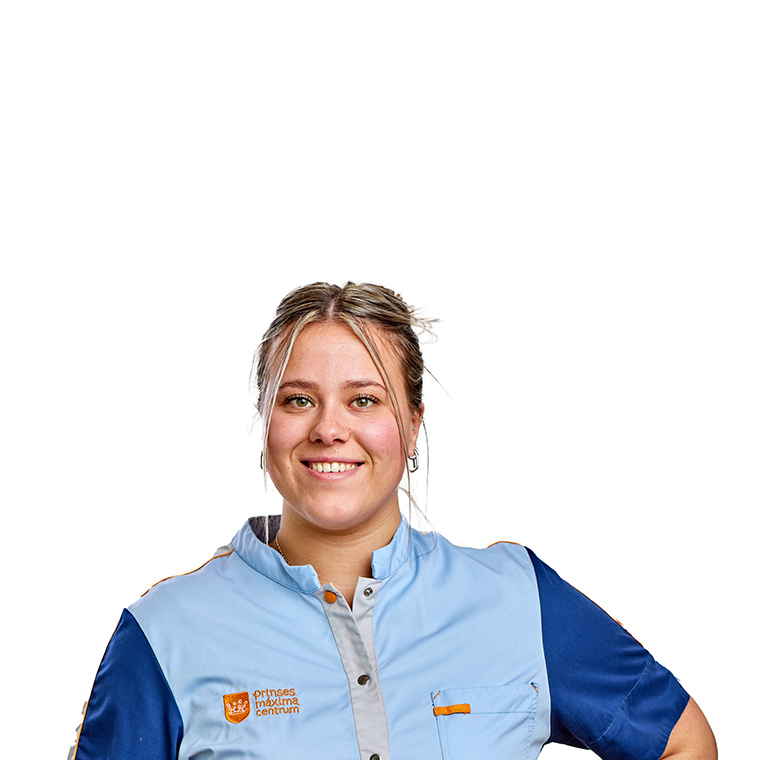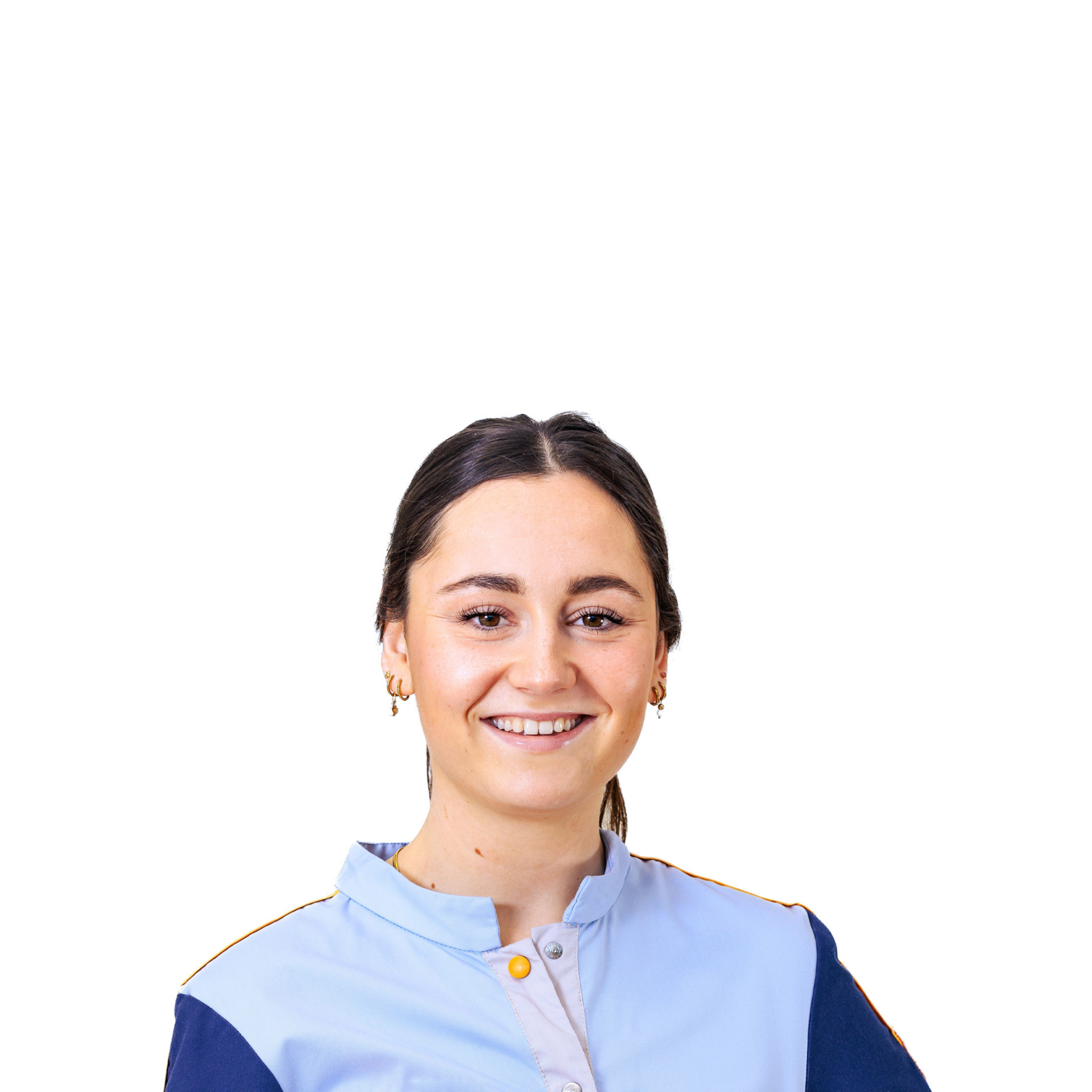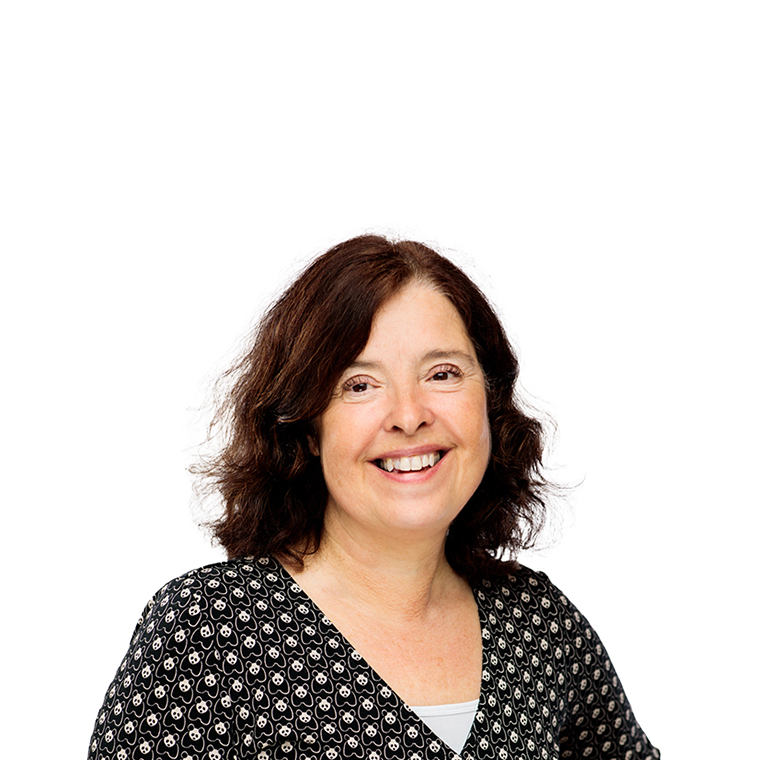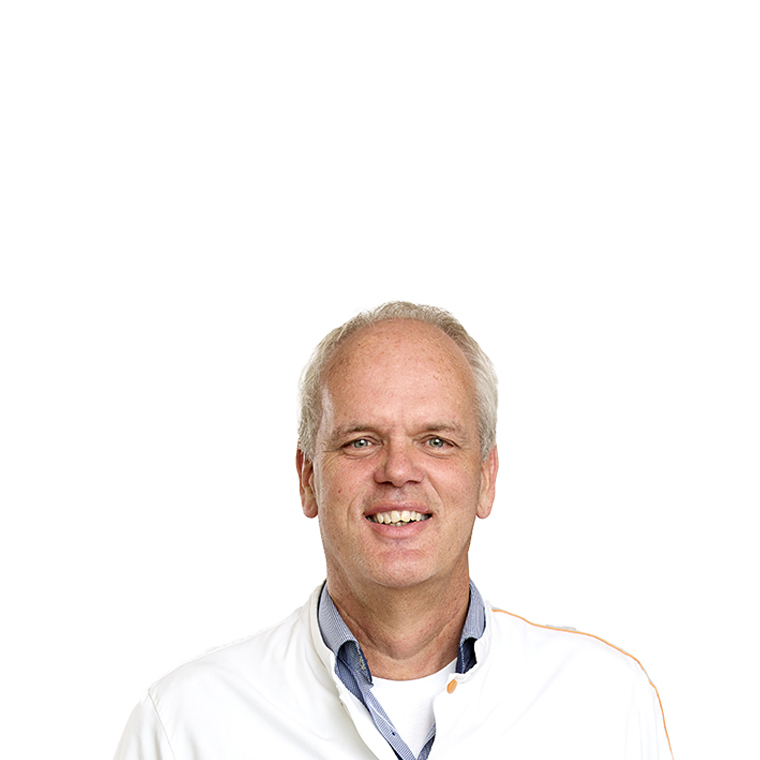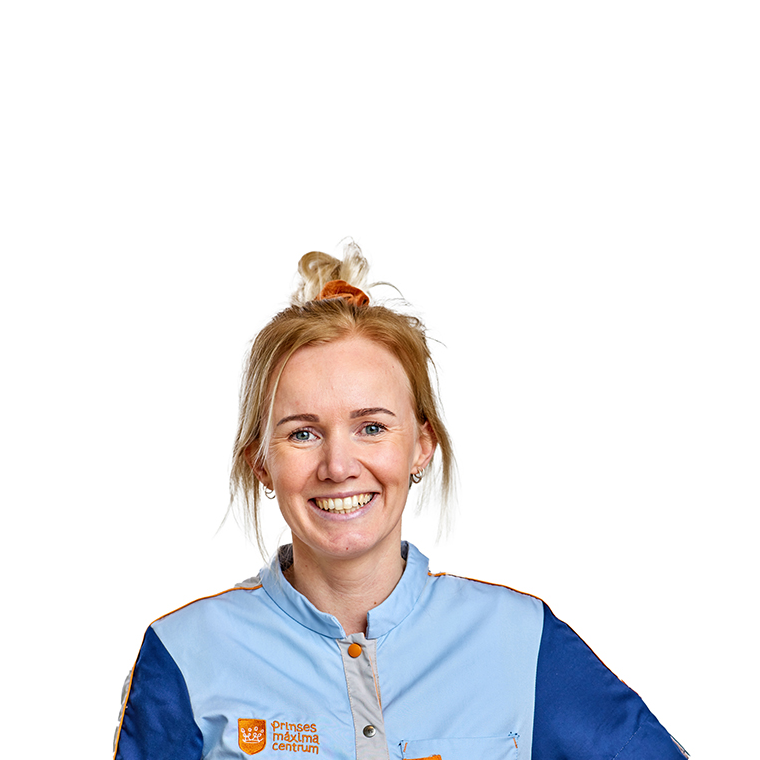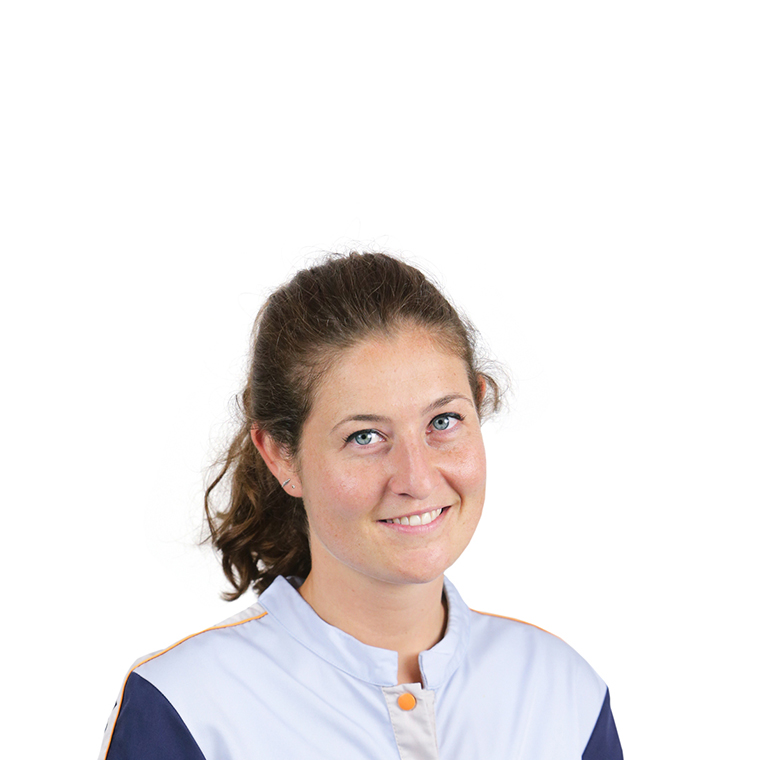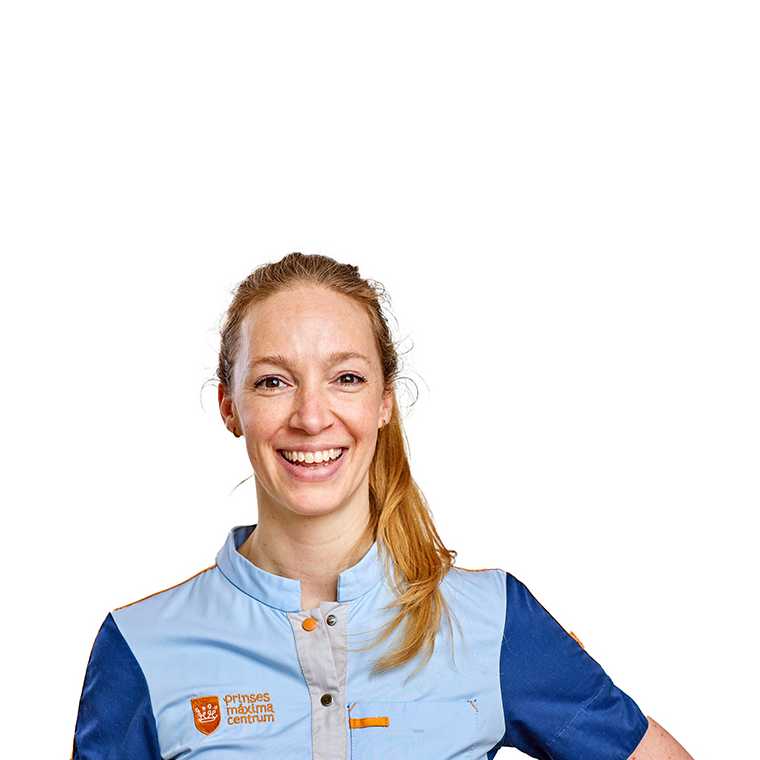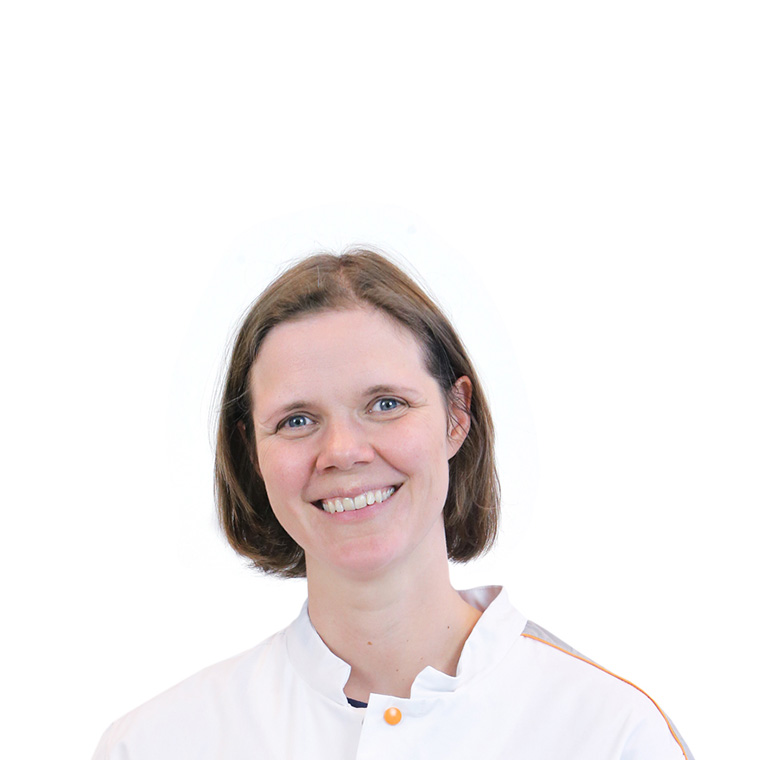There are many types of brain tumors in children. These are all different diseases with big differences in treatment and prognosis. Brain tumors that occur in children are rare in adults.
Low-grade glioma, including optic glioma
High-grade glioma, including pontine gliomas
Ependymomas
Craniopharyngioma
Medulloblastoma
Germ cell tumors
Choroid plexus tumor (CPT)
Atypical teratoid rhabdoid tumor (ATRT)
What diseases do we treat?
In the Neuro-oncology department, children are treated with:Low-grade glioma, including optic glioma
High-grade glioma, including pontine gliomas
Ependymomas
Craniopharyngioma
Medulloblastoma
Germ cell tumors
Choroid plexus tumor (CPT)
Atypical teratoid rhabdoid tumor (ATRT)
The Department
The Neuro-oncology department is located on the second floor and consists of an outpatient clinic, day treatment and a clinic. Outpatient clinics
Consultations and short-term examinations take place at the outpatient clinic. When you arrive at the outpatient clinic, your child will be measured and weighed. We'll also measure blood pressure, heart rate and temperature. We take blood at the blood lab if this is necessary. Your child will also have a consultation with the medical specialist or the nursing specialist. Sometimes, before this, the blood is examined somewhere else.
Based on the results and symptoms, your child will go to the day treatment for chemotherapy or the OR for an operation after the consultation. If no treatment is given, you will return home. You know in advance what the purpose of the appointment is at the outpatient clinic. This way you can prepare your child well.
There is also a treatment room at the outpatient clinic. There, the following treatments are performed:
• the insertion of the fully implantable 'delivery system' (CVC)
• taking blood from the IV
• taking care of the central line
• the administration of single doses of chemotherapy by infusion line or reservoir in the brain room
• the insertion of a nasogastric tube
• administering an injection
Based on the results and symptoms, your child will go to the day treatment for chemotherapy or the OR for an operation after the consultation. If no treatment is given, you will return home. You know in advance what the purpose of the appointment is at the outpatient clinic. This way you can prepare your child well.
There is also a treatment room at the outpatient clinic. There, the following treatments are performed:
• the insertion of the fully implantable 'delivery system' (CVC)
• taking blood from the IV
• taking care of the central line
• the administration of single doses of chemotherapy by infusion line or reservoir in the brain room
• the insertion of a nasogastric tube
• administering an injection
Day unit
Your child comes for day treatment for the parts of the treatment that can take place in a day. Your child does not have to stay overnight in the hospital. The day treatment is a large room with special day treatment chairs and beds so that your child can rest during or after the treatment. There are also single rooms that you can use if necessary.
Short-term chemotherapy, blood transfusions and other medications are administered during day treatment. If necessary, your child will also come to prepare for examinations such as MRI scan and CT scan. Sometimes it is necessary to perform these tests under sedation. This means that your child goes to the examination via the day treatment and then returns here. Minor operations, such as placing a central infusion line via the arm (PICC) for medication administration and blood sampling, and performing a lumbar puncture, are carried out in special rooms for day treatment under light anesthesia.
Short-term chemotherapy, blood transfusions and other medications are administered during day treatment. If necessary, your child will also come to prepare for examinations such as MRI scan and CT scan. Sometimes it is necessary to perform these tests under sedation. This means that your child goes to the examination via the day treatment and then returns here. Minor operations, such as placing a central infusion line via the arm (PICC) for medication administration and blood sampling, and performing a lumbar puncture, are carried out in special rooms for day treatment under light anesthesia.
Inpatient wards
For certain parts of the treatment, it is necessary for your child to be admitted. Your child will then stay with you in a parent-child room. By means of a sliding door in the room, you can create your own space for a little privacy. You can stay here overnight and there is a shower facility. All rooms have a balcony. We strive to keep the duration of the admission as short as possible for your child.


